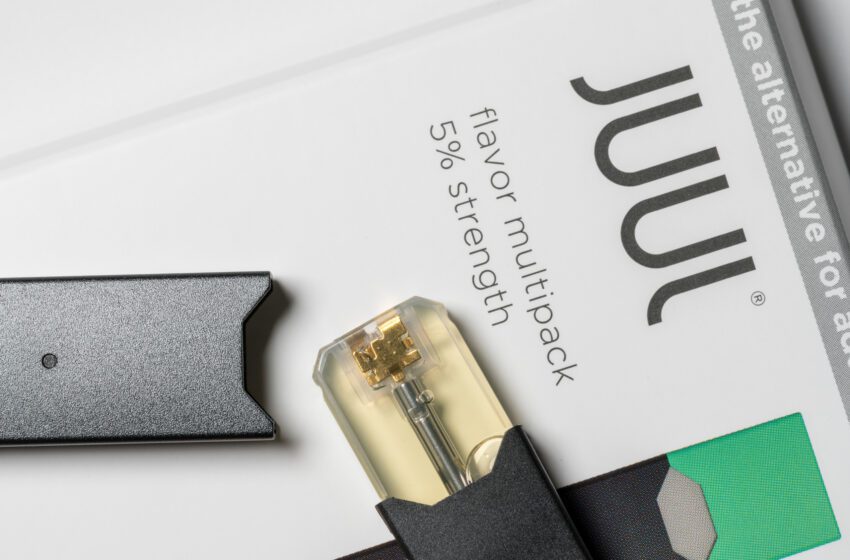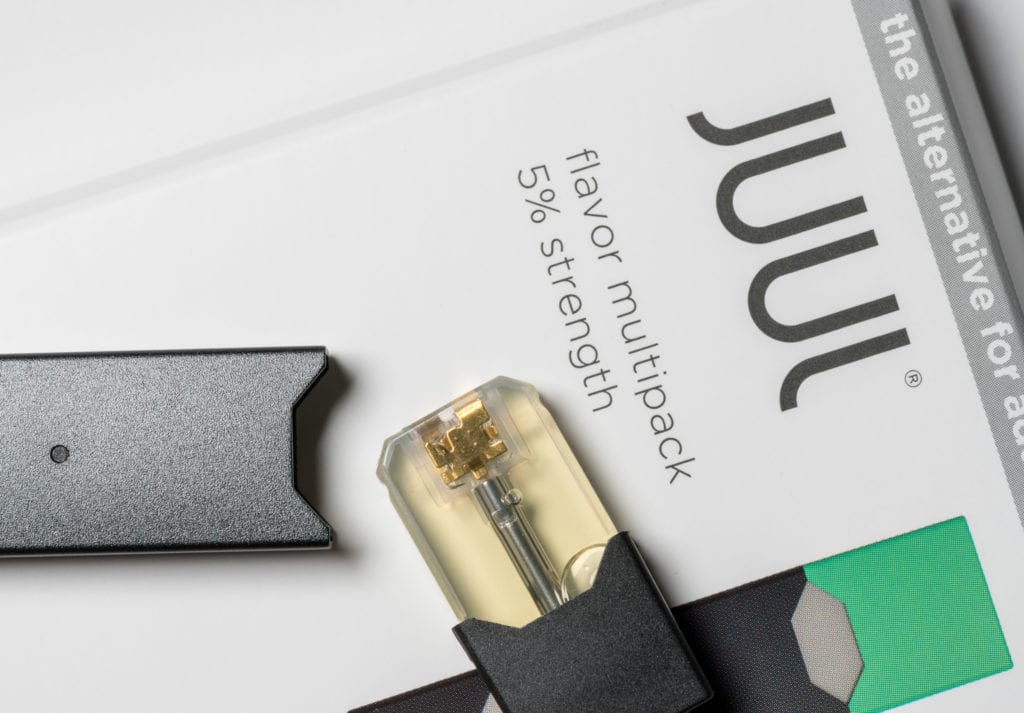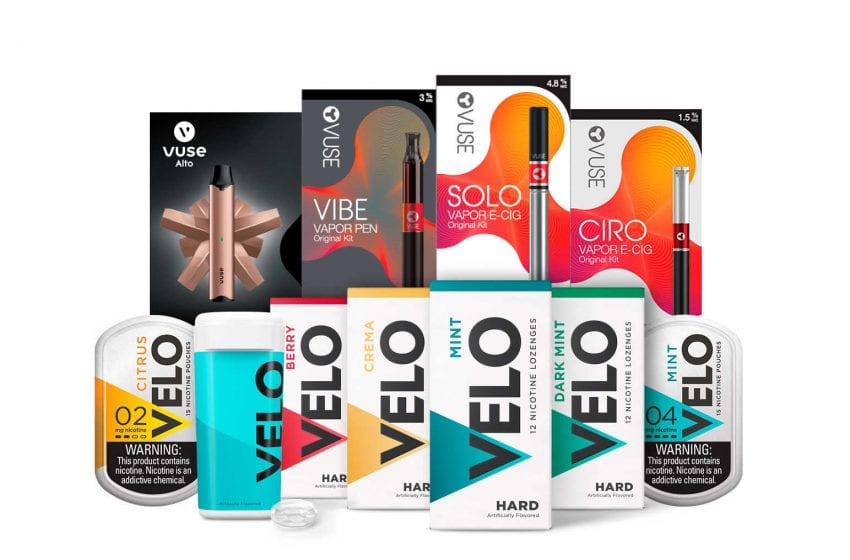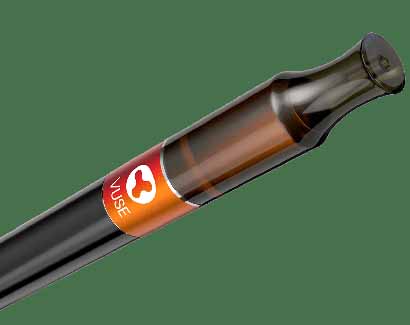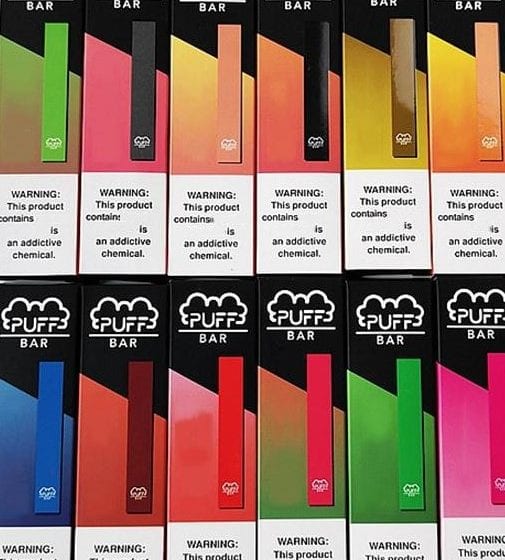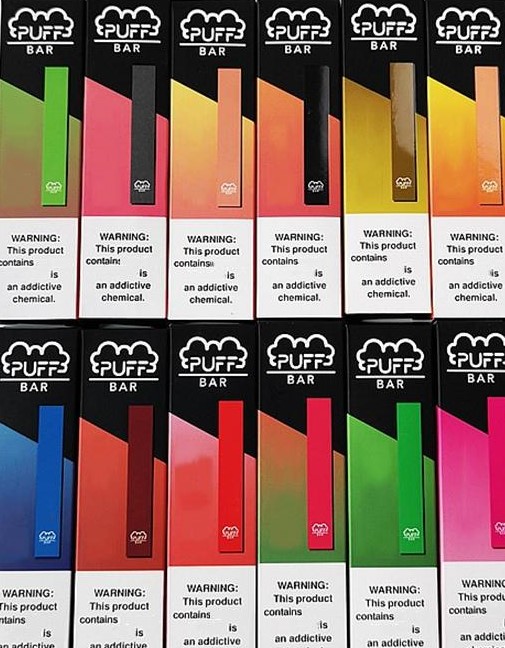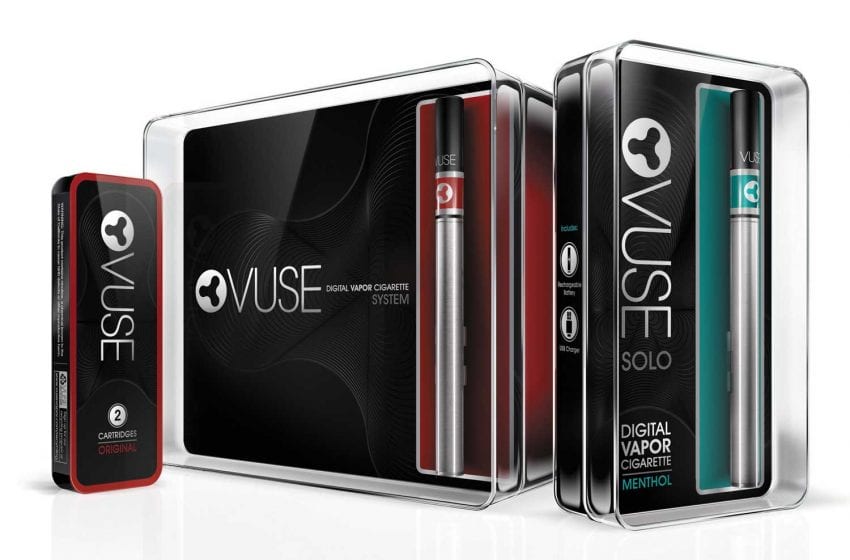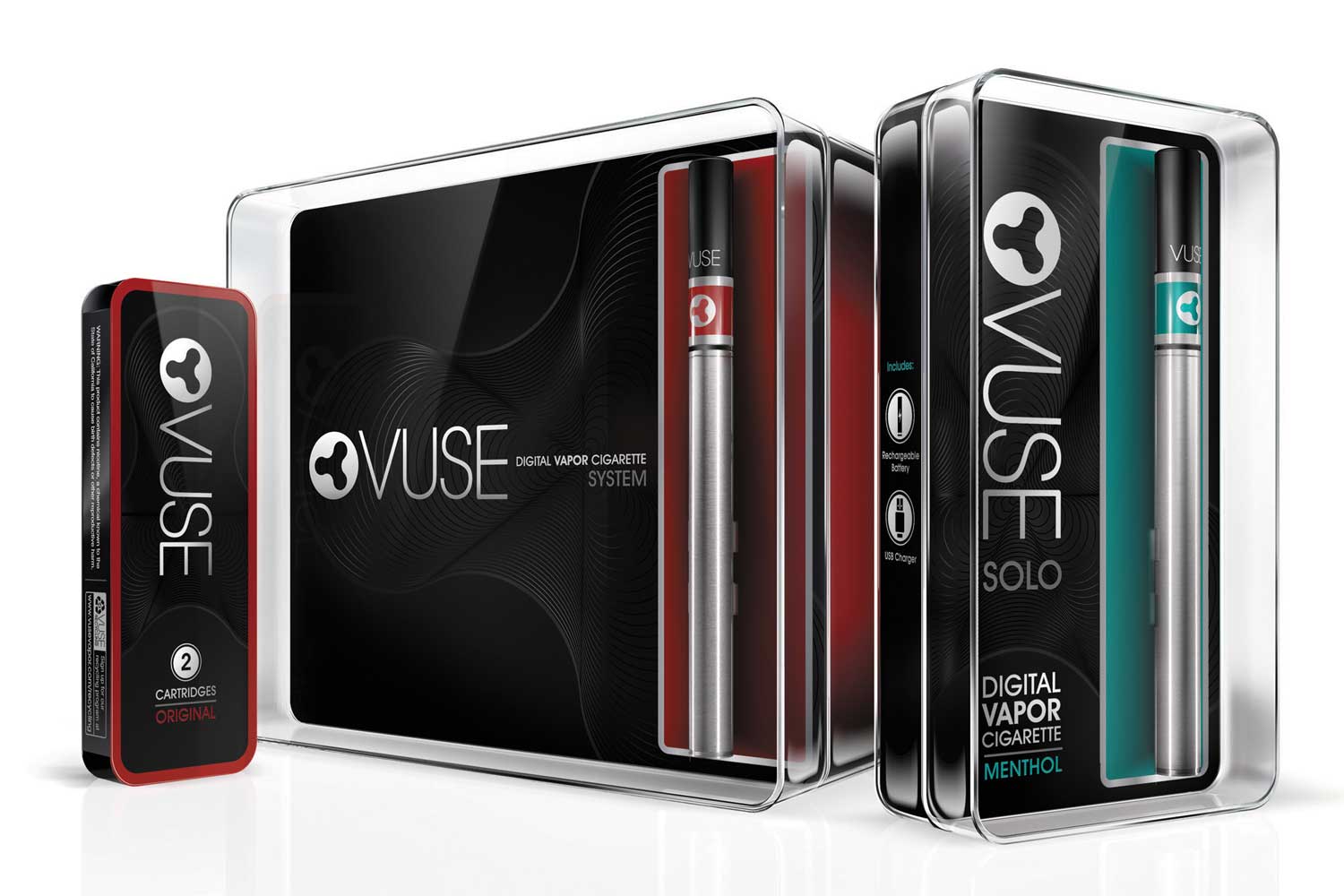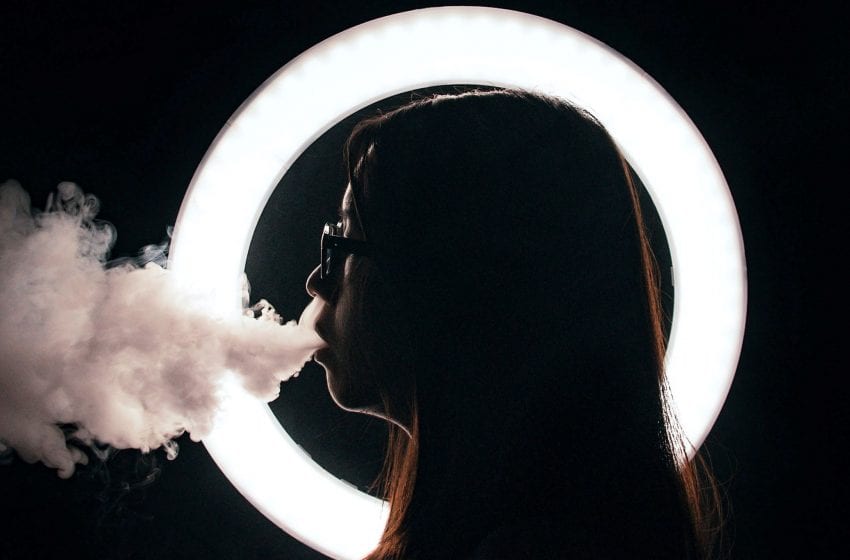Last week, a London judge granted Philip Morris International (PMI) an injunction prohibiting a Chinese competitor from putting an alleged “knock-off” of its smokeless tobacco-delivery device on the market in the U.K. because of European design protections.
As part of his ruling, High Court Judge Anthony Mann granted the tobacco giant’s request for default judgment in the case since defendants Shenzhen Shunbao Technology Co. Ltd. had not participated in the proceedings. He also granted Philip Morris’ request to extend the intellectual property protections the company currently has for its product under a European Union registered community design so it will remain in effect in the U.K. after Britain leaves the bloc, according to information on law360.com.
“I have satisfied myself that all of the relief included in the order, including the references to various Brexit matters, are forms of relief for which the claimants would be entitled, had they fully proved everything that they had pleaded in their particulars of claim,” Judge Mann said at the conclusion of a video conference hearing.
The smoking device dispute wafts back to November 2018 when Phillip Morris first sued Shenzhen for infringement of its registered design. The product design is for a “smoke-free alternative to cigarettes,” according to Philip Morris, which markets the device under the trademark name IQOS, according to law360. The tobacco-delivery system includes tobacco “sticks and a rechargeable holder that heats up, the registered design relating specifically to that device.”
Phillip Morris filed its claim in the U.K. shortly after discovering the rival company had created a “cheap knock-off” smokeless product called AMO, that was already being marketed in China, according to its written arguments to the court.
No representative of Shenzhen was present at Monday’s hearing. “It is a straightforward case where the defendant has simply refused to engage with the proceedings,” Philip Morris told the court in its filing. Monday marked the second hearing Philip Morris had over its bid for a final injunction. A different judge determined in February that the tobacco company could serve Shenzhen and several individual company representatives by email.
Philip Morris lawyer James Abrahams said his client was unable to deliver documents related to the proceedings to one individual, a Cherry Zhou, as the email sent was “kicked back” and she later informed Philip Morris’ Chinese legal representatives that she had left Shenzhen.
The injunction granted by Judge Mann on Monday prohibits the Chinese competitor from marketing its infringing product. The order would also allow Philip Morris to pursue any profits Shenzhen made with its device in the U.K., although its written argument notes that “it does not currently appear proportionate to pursue an inquiry for damages or an account of profit.” The written filing also notes that a registered community design is seen as an EU right, so it currently only has effect in the U.K. pursuant to the Brexit Withdrawal Agreement. That will end in the U.K., “as things stand, at the end of the transitional period at the end of this year,” the filing says.
And while a provision of the withdrawal agreement currently provides that at the end of the transition period, holders of registered designs “will enjoy an equivalent U.K. registered design,” Philip Morris asked for — and the court granted — permission to come back to the court if there are any unexpected changes to that as Brexit unfolds.
“We do not know for certain how the law will change at the end of the transition period and the parties ought to be able to apply to the court to deal with such changes,” Philip Morris stated. In a written statement, Philip Morris’ counsel at Bird & Bird LLP emphasized that the injunction will continue to protect the design after Brexit.
“The order granted suggests that the courts are ready and willing to grant Brexit-proof orders where needed,” the law firm said. “This will be a relief to litigants seeking as much certainty as possible with regard to the post-transition period arrangements.”
Philip Morris is on the other end of infringement litigation over its IQOS system in the U.S. R.J.
Reynolds Tobacco Co. is calling on the U.S. International Trade Commission to probe Philip Morris’ tobacco vaping product imports, claiming the tobacco heating system infringes patents covering R.J. Reynolds’ vaporizers.







